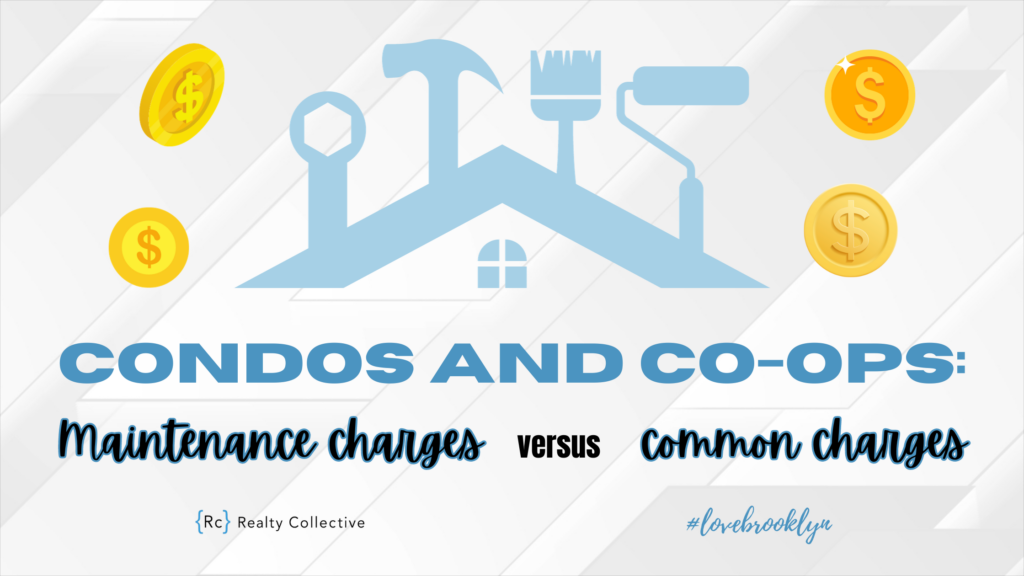Condos and co-ops: maintenance charges versus common charges
Nov 11, 2023

In a co-op, shareholders pay a monthly maintenance fee. Part of it goes toward the expense
of operating the building. The other part is the amount of property taxes apportioned to each
shareholder based on the number of shares assigned to their apartment. Particularly these
days, when property taxes and fuel costs are rising sharply, maintenance fees are frequently
adjusted upward each year (3%-7% annual increases are quite common).
In addition, co-op boards can require shareholders to pony up extra cash from time to time to
boost the reserve fund or pay for a specific project. In a 40-unit building, for example, an
assessment to replace an elevator might run $8,000-$15,000 per unit, depending on how
many shares you own. Typically, shareholders can spread their payments out over a period of
time such as 6 to 18 months.
In a condo, the monthly charges are referred to as common charges. Property taxes are not
included; individual owners are billed directly by the government. This is an important nuance
to keep in mind when comparing carrying costs of co-ops to condos, because at first glance,
condos may look cheaper on a monthly basis. Like co-op boards, condo boards also levy assessments when necessary.
Monthly charges in both co-ops and condos tend to increase with the expansiveness of
amenities and staff. However, larger buildings have economies of scale when it comes to
staffing and operation that are often reflected in lower common charges.












